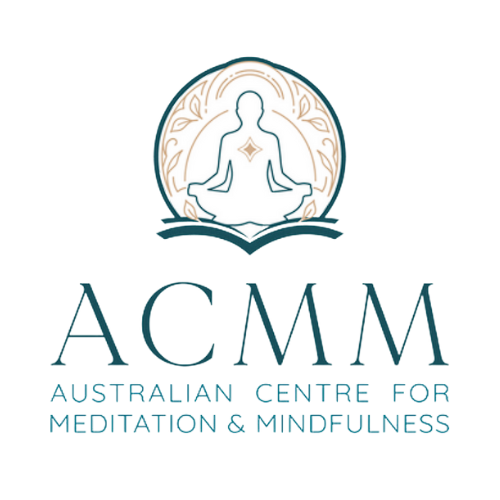3 minute read – we share the most common habits found in really effective meditation teachers who are out there spreading their wisdom and joy
# 1 Meditation is one of their first priorities
This may seem obvious. But, it really is an essential quality for those who want to teach others how to meditate. Meditation is not something that effective meditators do only do if they have time. Great meditators understand that their daily meditation practice is as important as the food they eat. It sustains them, and helps them make better choices. They are aware that it gives them clarity and understanding. Many know first hand that meditation feeds their soul, calms them, and helps them experience better relationships and much more. As such, it is essential for their psychological and physical wellbeing and is given a place of great importance in their lives.
# 2 They cultivate a compassionate discipline
Meditation teachers know that meditating at the same time and place are really good habits to get into. So are setting boundaries with family or those they live with about this private time. They are not to be disturbed if at all possible. For someone who has an established daily meditation practise, missing a day does not require any self blame or self chastising. If a regular meditator misses a day, they feel it. That is consequence enough. No more needs to be said, just get back on the boat tomorrow and don’t dwell on it. In the larger scheme of things, it doesn’t really matter; an ongoing practice is like a life raft and its momentum will keep the meditator buoyant through the odd day that they might miss.
#3 They are responsible for their emotions
Effective meditation teachers keep a meditation journal. This allows them to offload excess baggage or release any suppressed before they instruct others. This creates a lighter more loving energy which helps their students to fall into a meditative state more easily.
Teachers that keep a meditation journal helps them to record any insights or understandings that commonly arise during, or immediately after their daily practice. They are always ready to take these insights on board and to integrate them into not only their teaching experience, but also their life.
#4 Their meditation practice is responsive and nurturing
Let’s face it, not many live the secluded and focused life of a monk, so meditation needs to take a role in life that is practical and supportive, rather than adding more pressure. A daily meditation practice is not about achieving – it’s about being. That is why it’s great to be familiar with more than one technique. Great meditation teachers are able to respond to what they or their students need that day. For example, on days when they are feeling depressed or anxious, soothing mantras or chants can be just the ticket. On days when they can’t sit in stillness because they’re so restless, a moving meditation can be a more realistic choice. It’s important to be flexible and listen to the needs illuminated by sitting still.
#5 They make meditating easier by engaging in inspiring reading
The more inspired and excited they feel about meditation practice the better. Reading quality literature about meditation and personal development helps keep the mind as an ally rather than having to deal with a myriad of objections and excuses as to why there isn’t time to meditate and what difference will it make anyway.
#6 They walk their talk
“Allow the divine to shine through every action” (Jack Kornfield)..
After the blissful (or not so blissful as the day presents) meditation session, many teachers will return to their every day tasks – laundry, the children, work, the cooking, the car repairs, the bills – all the joys of the daily grind! Great meditation teachers understand that the challenge lies in bringing the compassion, patience and calm cultivated in their daily meditation habit. Not easy to do all the time (and authentically). It is an ongoing practice – just like meditation.
The point is that meditation is not the path, it is a tool. Life is the path and it is in the integration of loving intentions into day to day life that enlightenment and growth occurs. Let me qualify this by saying it doesn’t mean that you have to be super nice all the time. Being authentic means expressing feelings in a respectful way and this may sometimes mean setting boundaries with people close.
#7 They celebrate and acknowledge the little miracles they create
Great meditation teachers celebrate the wins. This builds confidence and belief in themselves as powerful bringers of change. It is a miracle when someone faces their fears and takes action. Whether that be creating that meditation workshop or trying out a new meditation technique with students, it doesn’t matter which form it takes. Meditation teachers know that celebrating the miracles along the path builds momentum. This allows for expansion so that the light shines bright.
Perhaps you resonate with the habits of effective meditation teachers and are thinking that teaching meditation is part of your path. If so, perhaps you’d like to consider some of our courses that could help you become a certified meditation teacher
With Love,
Lisa Forde x







